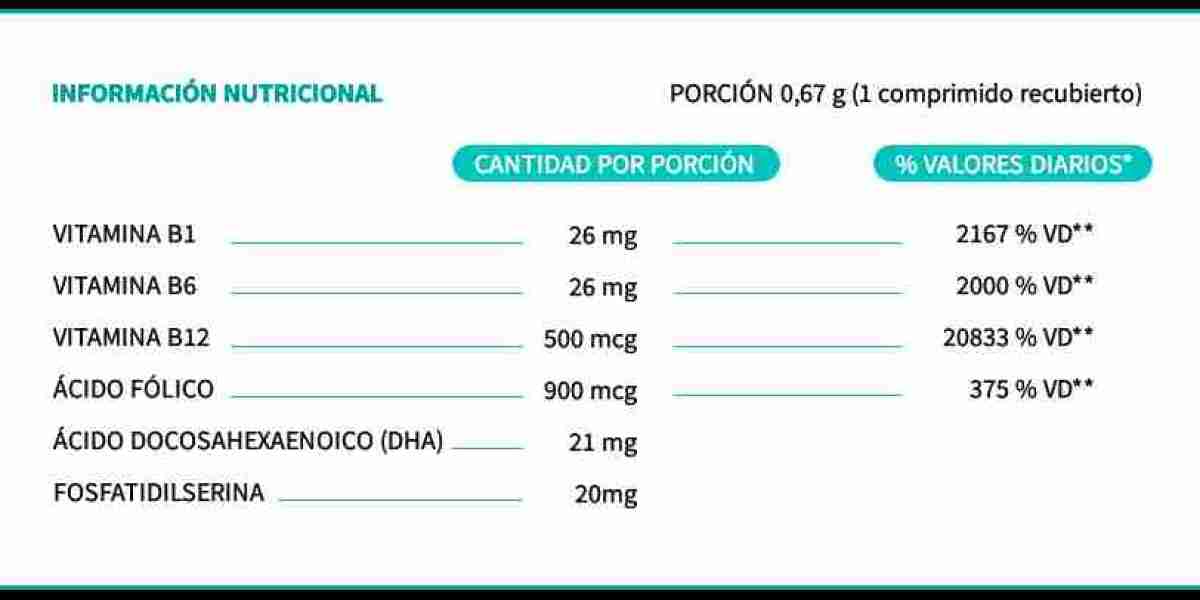Tanda. Pawdna. Quiniela. Rotativo. These words represent a chain of trust and familiarity that, despite being associated with different cultures, all refer to the same thing: informal savings clubs or circles that function as a way to not only save money but to gain more in the short term. Sometimes called sociedades or susus in the Caribbean, the concept is simple. Rather than put money away in a savings account, a group of family, friends, and/or neighbors agree to put a designated amount of money into a community pot. At the end of the designated period (usually every week for 10 weeks), the lump sum of the savings is given to one of the members of the susu to do with it as they see fit. The next week, everybody puts into the pot again, and it is awarded to the next member in line, and so on and so forth.
While these kinds of sociedades are common among immigrant communities around the world, the word susu comes from the Yoruba word esusu, which denotes an informal money-saving practice. As one might imagine, this practice, along with a sense of community trust, was spread throughout Latin America and the Caribbean through the slave trade. Nonetheless, similar practices can be found in other cultures and countries, including in China and Korea.
The reason for this cross-cultural popularity is that susus function as a simple solution for a common problem: a lack of financial security. Those who leave their home countries under less-than-ideal circumstances, crossing border after border in search of a better life, often fall into this category. When they arrive, they can sometimes struggle to establish themselves financially.
One of the major hurdles faced by not only Black and Brown communities, but underserved communities in general, is a lack of familiarity with and trust for the financial system," says David J. Cuevas, a Puerto Rican financial adviser. Cuevas also notes that there are certain operational hurdles intrinsic to the banking system that might make it difficult for members of these communities to establish a banking identity. "Anytime you go to establish an account at any bank, we need to collect certain proofs, such as proof of identity and proof of address. And in particular, proof of address tends to be one of the biggest challenges," he says.
Cuevas explains that while there are no immigration-related barriers for nonresidents to open a checking or savings account if they don't have a sufficient amount of proof of residence under their name (utility bills, phone bills, etc.), they won't be able to complete the process. This can make traditional banking a challenge for those who are new to the country.

:upscale()/2024/03/26/851/n/42301552/tmp_kmAn5k_a9d7f8ddf58e188a_Main_PS24_03_Identity_LatinesFormingSusus_1456x1000.jpg)

